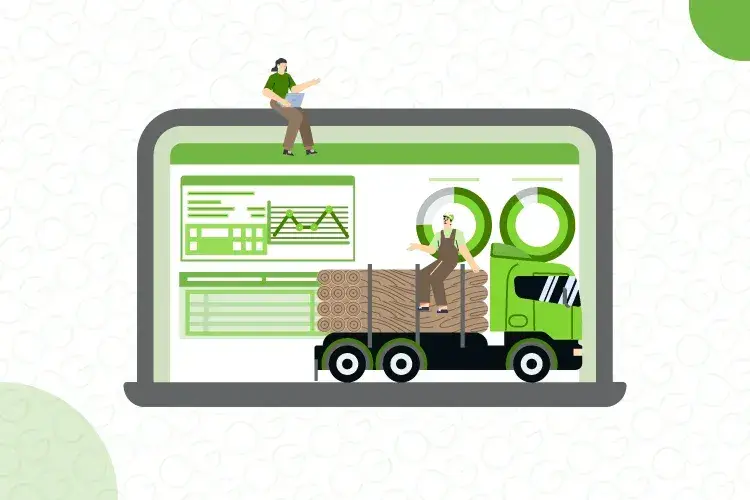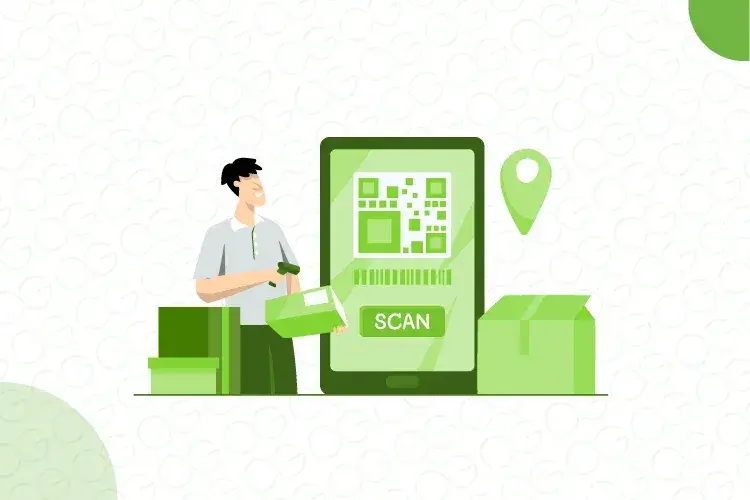Should your POS software be independent of accounting software?

Any retail business, big or small, involves a large number of economic transactions - costs for product procurement and distribution, real-estate, customer acquisition and retention, inventory and equipment, employment, and much more. It is extremely crucial to have a highly-efficient accounting system set up around it.
If the POS software is independent of the accounting software, data needs to be entered and managed manually. This could lead to data mismatch that would eventually result in incorrect records for amounts receivable and payable, and the like. Any erroneous data in the accounting module could cause a ripple effect on rest of the business operations.
On the flip side, having a POS solution that is integrated with the accounting module, retailers are able to eliminate the risk of any data discrepancy. Additionally, inventory and customer databases also get updated in real-time.
In this article, we would share three benefits of having a retail POS software that is integrated with the accounting software over having a POS software independent of the accounting software.
1. Real-time updates
Having the POS software integrated with the accounting software, all the information gets updated in real-time. For instance, as soon as an invoice is raised at the POS, the receivable amount gets updated instantly at the accounting dashboard. The management gets notified immediately in case of any breach or malpractice. Additionally, they have an updated view of all profits gained or losses incurred by the organization at all times.
On the other hand, with a POS software that is independent of the accounting software, data updates are triggered manually, usually at the end of a day. This way, general ledger information is not up-to-date at all times. This could impact various other business operations inversely.
2. Seamless configuration and maintenance
With an integrated POS software, mapping and configuring various data points with the ones at the accounting software need to be done only once. Post that, any changes or updates do not impact the data. Similarly, costs and effort involved in maintaining both software products are minimized because of the integration.
However, mapping and configuring data points of independent POS and accounting software could be tricky. If they are mapped incorrectly, the account reports would display wrong information, because of which the organization could incur a huge amount of loss. Moreover, if a new update is released in the accounting software, the retailers would have to wait for an updated version of the POS that would support the new update. In case a new version of the POS is not released, retailers would have to invest in an ideal POS solution that supports the updated version of the accounting software. This increases the turnaround time, effort, and costs involved in maintenance of sales and finances of the organization.
3. One-time training
Using an integrated system, employees would need to learn how to operate the POS and the accounting software as one single unit. Data mapping and transfer, then would become seamless and accurate.
Conversely, employees need to be trained various times in case the POS and accounting modules are not integrated - operating the POS solution, operating the accounting solution, and sending POS data to the accounting software. This would not only confuse the employees, but reduce their efficiency and productivity as well.



